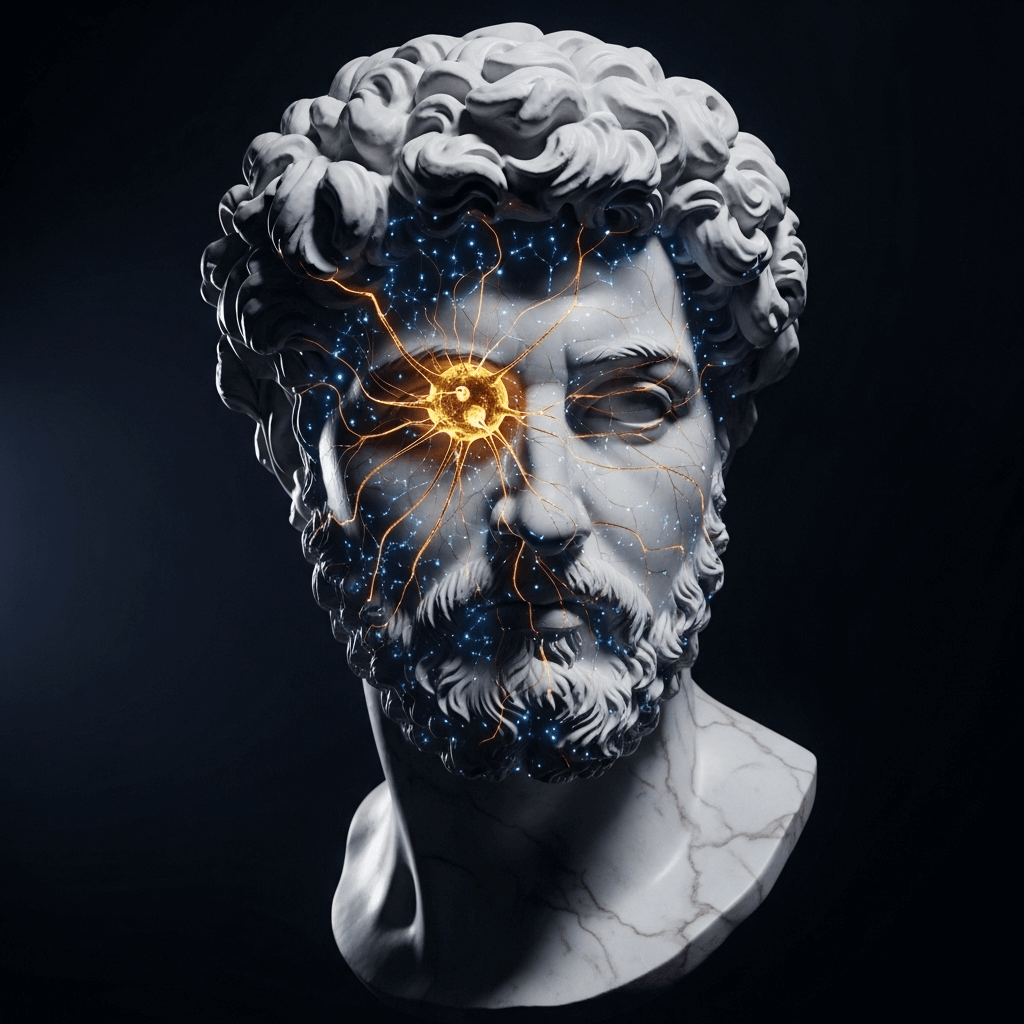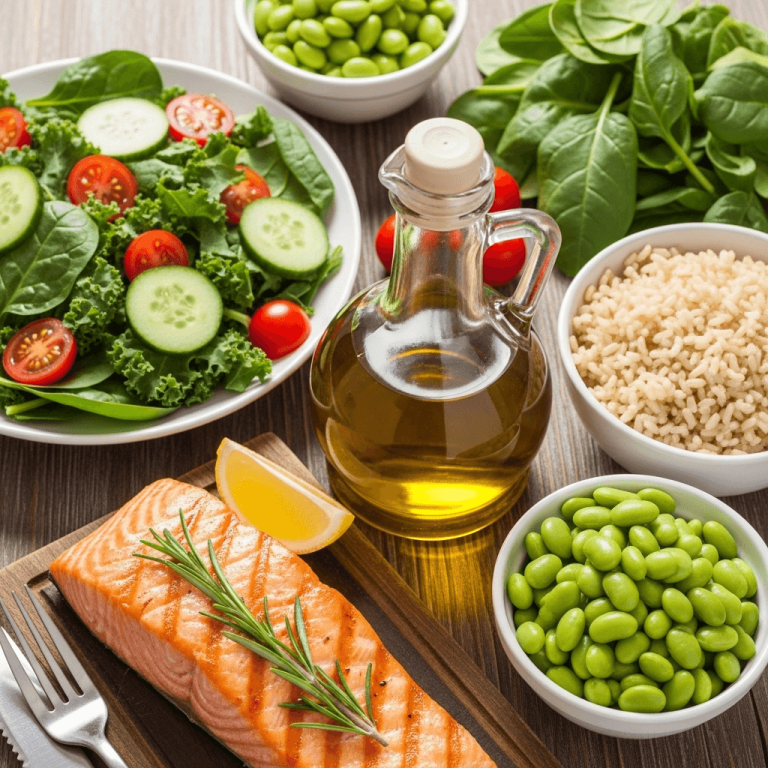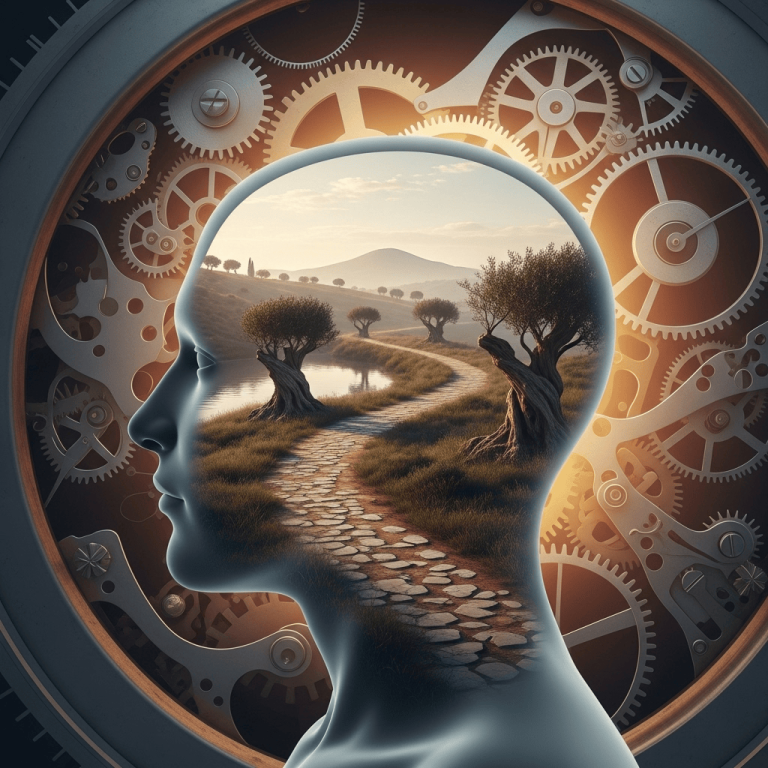Crack the Stoic Code: 3 Mental Frameworks to Slow Your Biological Clock
In our relentless pursuit of the fountain of youth, we surround ourselves with apps, supplements, and tech gadgets. We invest fortunes in the external, forgetting that the most powerful modulator of our health and lifespan resides within us. It’s our mind. And the operating system for that mind, designed over 2,000 years ago and now validated by neuroscience, is Stoicism.
Forget the image of an emotionless sage in a toga. True Stoicism is a practical, psychological toolkit for navigating the chaos of the modern world. It is the art of building an inner fortress that protects us not only from stress but also from the biological aging processes that stress fuels.
The Major Pro: Seizing Control of Your Stress Biology
The greatest gift of Stoicism is the Dichotomy of Control—a simple principle of distinguishing between what we have influence over (our thoughts, reactions, decisions) and what we do not (the weather, others’ opinions, the global economy). Why is this revolutionary for longevity?
Because the human body doesn’t differentiate between a real threat and worrying about the future. In both cases, it reacts the same way: by flooding us with cortisol, the stress hormone. In the short term, it’s essential, but chronically elevated cortisol is a biological arsonist:
- It shortens telomeres: The protective caps on the ends of our chromosomes, the length of which is directly linked to our biological age.
- It generates inflammation: Chronic inflammation is a silent killer, underlying heart disease, neurodegenerative disorders, and cancer.
- It disrupts metabolism: Leading to insulin resistance, abdominal obesity, and type 2 diabetes.
“Practicing Stoic acceptance of what we cannot change is, in essence, a daily cortisol-lowering therapy,” says Dr. Elissa Epel, a UCSF psychologist and a leading researcher on stress and cellular aging. Every conscious decision to let go of a worry that is outside your control is a moment you are literally slowing down your biological clock.
The Pitfalls and Cons: The Myth of the Emotional Robot
The biggest “con” of Stoicism is its common misinterpretation. Modern pop culture often portrays a Stoic as someone who suppresses emotions. This is false. Stoicism doesn’t teach you not to feel; it teaches you not to be a slave to your feelings.
- The Risk: Confusing acceptance with passivity. Stoicism does not encourage resignation but rather the wise direction of energy where it can effect real change.
- The Risk: Intellectualizing instead of feeling. It’s crucial to allow yourself to experience an emotion (fear, sadness) and only then subject it to rational analysis by asking, “Is my reaction within my control?”
What to Implement in Your Life Today? 3 Simple Steps
You don’t need to read the works of Marcus Aurelius to start reaping the benefits. Implement these 3 habits to live longer and more peacefully:
- Ask the Key Question: In any stressful situation, pause for a second and ask yourself, “Is this element within my sphere of influence?” If the answer is “no,” consciously redirect your attention elsewhere. This is training for your brain that, over time, becomes automatic.
- Practice Gratitude Through Loss (Premeditatio Malorum): Once a day, for 30 seconds, imagine losing something you value—your health, a loved one, your job. The point isn’t pessimism, but building psychological resilience and profound gratitude for what you have right now. Studies show gratitude lowers blood pressure and improves sleep quality.
- Embrace Voluntary Discomfort: Take a cold shower. Go for a walk in the rain. Give up sugar for a day. Short, controlled doses of discomfort (hormesis) strengthen not only your willpower but also your body’s cellular repair mechanisms, which is a cornerstone of anti-aging medicine.
Stoicism is not a philosophy for times of peace. It’s an operating system for times of chaos. It teaches us how to transform stress into strength, uncertainty into tranquility, and the awareness of mortality into the motivation to live a full and healthy life, here and now.
Understanding these universal principles is the first, powerful step. The next is understanding how your unique biology, lifestyle, and genetics impact your personal longevity potential. Discover your blueprint for a longer life.
>> Take the Survey and Discover Your Longevity Potential Now! <<
Interesting Scientific Publications:
- Stress and Cellular Aging (Telomeres): Epel, E. S., et al. (2004). Accelerated telomere shortening in response to life stress. Proceedings of the National Academy of Sciences.
- Psychological Resilience and Health: Liu, Y., et al. (2018). The relationship between psychological resilience and mortality in a community-dwelling older adult population. Aging & Mental Health.
- Purpose in Life and Longevity: Cohen, R., et al. (2016). Purpose in Life and Its Relationship to All-Cause Mortality and Cardiovascular Events: A Meta-Analysis. Psychosomatic Medicine.







